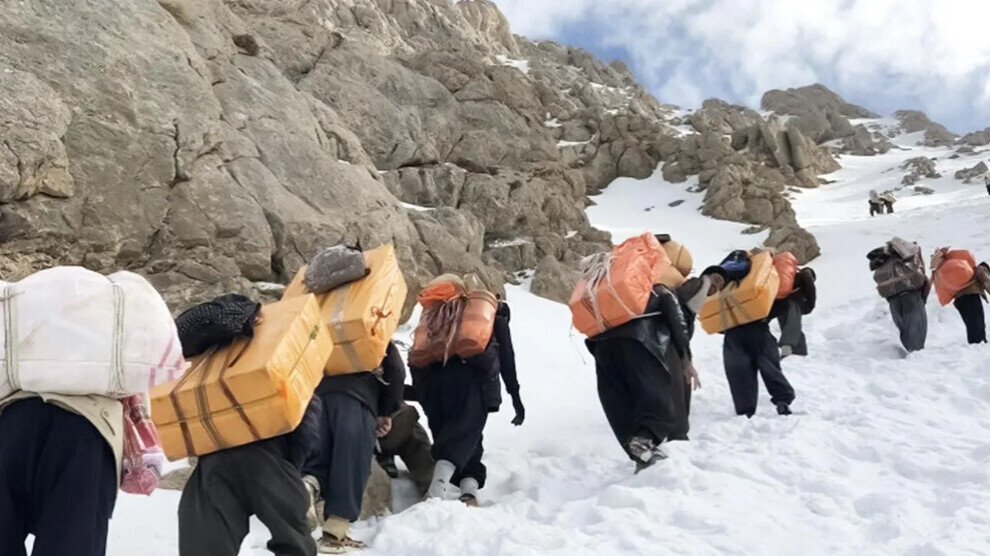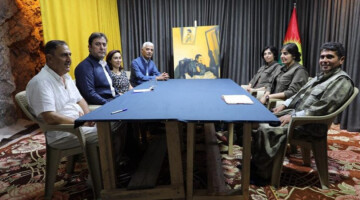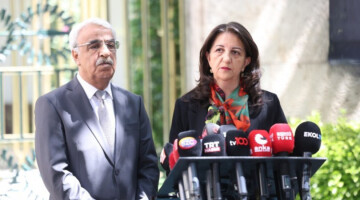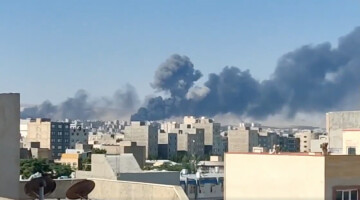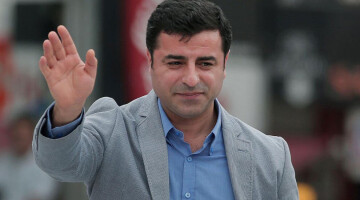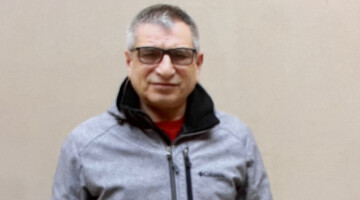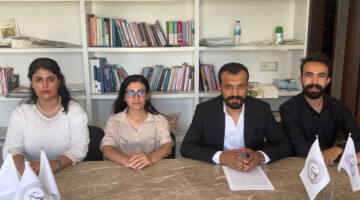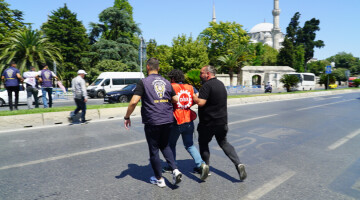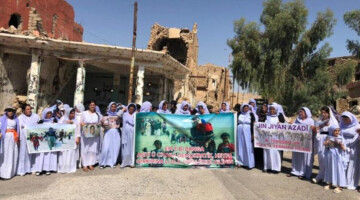The Kurdistan Human Rights Network (KHRN) has released its Annual Report 2021 which addresses the human rights situation during the year in relation to the Kurdish people in Iran.
“As in previous years, the rights of Kurdish people have continued to be violated due to their language, religions, culture, genders, sexual orientations, and class and political affiliations by the Islamic Republic’s discriminatory laws and repressive and violent crackdowns by its security, military, judicial, and executive institutions,” KHRN stated.
KHRN said they believe that this report does not cover all cases of violations of the rights of the Kurdish people in Iran. There are certainly many other cases that have not been reported by news outlets and human rights organisations for various reasons, including the pressure of security agencies on individuals and families.
The KHRN report includes the following data on kolbars:
In 2021, at least 46 Kurdish kolbars lost their lives and 122 kolbars were injured in the border areas of the western provinces of West Azerbaijan, Kurdistan, and Kermanshah as a result of shootings by border forces, natural disasters etc.
Of the 46 kolbars that lost their lives, 17 were killed by Iranian military forces and four by Turkish forces.
One child kolbar committed suicide after border forces confiscated his mules.
In addition, five kolbars lost their lives due to the fall of an avalanche, three as a result of frostbite, three due to falling from mountain heights, three due to heart attacks while carrying goods, one drowned in a river, and nine in road accidents.
Also, from the 122 injured kolbars, 74 were shot and tortured by Iranian border forces, three kolbars were shot by the Islamic Revolutionary Guard Corps (IRGC), three were shot and tortured by the Turkish border forces, and one was shot by Iraqi border forces, 12 fell from border heights, and three were injured in landmine explosions.
In addition, 26 kolbars were injured in various other incidents.
Other highlights of the KHRN report for 2021 are as follows:
Iranian military forces killed at least five Kurdish tradesmen and wounded one as a result of direct shooting.
Iranian forces killed four Kurdish civilians throughout the year.
At least 30 prisoners were executed in various prisons in the western provinces of West Azerbaijan, Kurdistan, Kermanshah, and Ilam. These included 15 executions over murder-related charges and 14 for drug-related charges.
Additionally, Iran executed a Kurdish political prisoner named Heydar Ghorbani in Sanandaj Central Prison on 19 December on the charges of “armed insurrection”(baghi). Ghorbani’s execution, which was carried out without the knowledge of his family and lawyer, was widely protested against by the people of Kurdistan and by human rights organisations.
Six Kurdish prisoners were tortured to death in Iran’s detention facilities and prisons.
Forces of the Islamic Republic of Iran assassinated four Kurdish political activists and members of the Kurdistan Free Life Party (PJAK) and the Democratic Party of Iranian Kurdistan (PDKI) overseas.
At least 32 cases of femicide were registered in Kurdistan. These murders were generally committed by the men in the family for various reasons.
Explosions of landmines and remnants of other explosives killed at least 14 individuals and injured at least 25 others. The victims included at least two children and two kolbars.
At least 42 workers lost their lives and three others were injured in work accidents.
At least six Kurdish civilians hoping to seek asylum in European countries lost their lives abroad.
At least 421 Kurdish civilians and activists were arrested for political reasons by the security, law enforcement, and judicial institutions of the Islamic Republic of Iran. Some 296 of these people were civilians, 81 were activists, 10 were children, eight were former political prisoners, five were former members of Kurdish opposition parties, and eight were journalists, artists, and writers.
Iranian general and revolutionary courts sentenced at least 98 Kurds to sentences varying from two months in prison to the death penalty.

